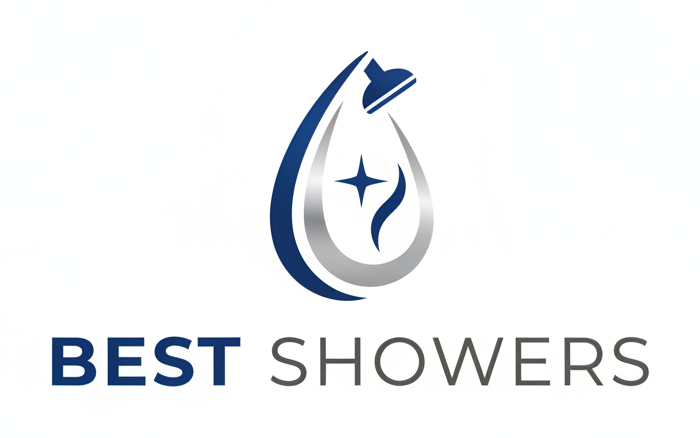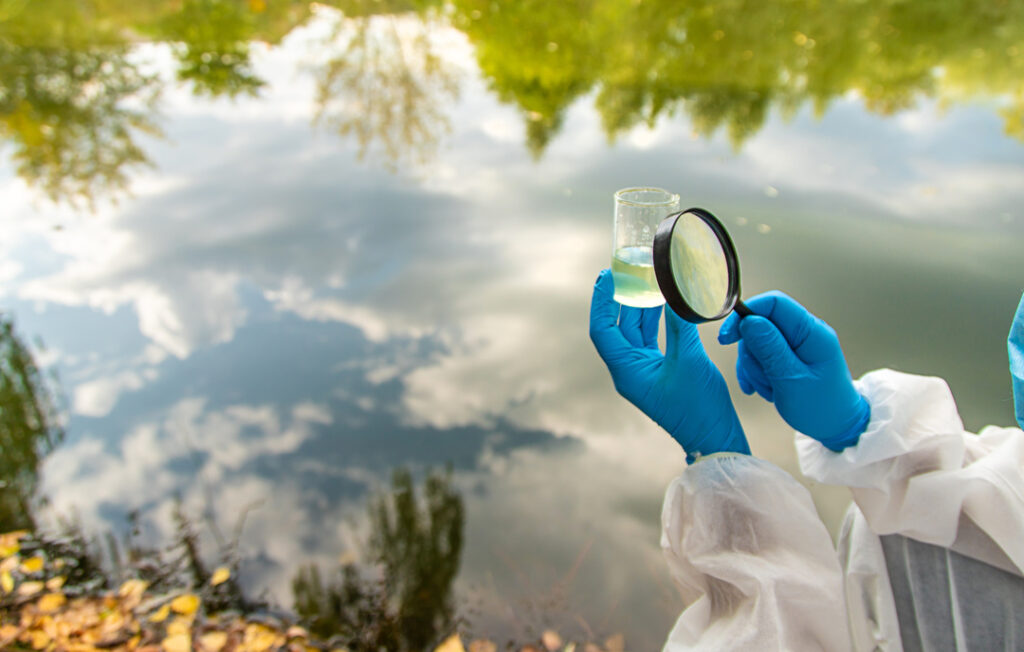In our quest for cleaner, healthier water, technology continues to evolve, offering innovative solutions to age-old problems. One such advancement that has gained significant attention in recent years is ionic technology. This cutting-edge approach to water treatment promises to enhance water quality in ways that traditional methods cannot. Let’s delve into the world of ionic technology and explore its role in improving the water we use every day.
Understanding Ionic Technology
At its core, ionic technology in water treatment involves the use of electrically charged particles, or ions, to purify water. This process leverages the fundamental principles of electromagnetism and chemistry to remove contaminants and alter the molecular structure of water. The result is water that’s not only cleaner but also potentially more beneficial for our bodies and the environment.
Ionic technology works by passing water through a chamber or device that contains electrodes. These electrodes create an electromagnetic field that interacts with the water molecules and any impurities present. The process can involve several mechanisms, including ionization, oxidation-reduction reactions, and electrolysis, depending on the specific technology used.
The Benefits of Ionized Water
One of the primary advantages of ionic technology is its ability to produce ionized water. This water is said to have several potential benefits:
- Improved Hydration: Some studies suggest that ionized water may be more easily absorbed by the body, leading to better hydration. This could be particularly beneficial for athletes or those living in hot climates.
- Antioxidant Properties: Ionized water, particularly when it’s alkaline, is believed to have antioxidant properties. These antioxidants could help neutralize free radicals in the body, potentially offering health benefits.
- Enhanced Taste: Many users report that ionized water has a smoother, more pleasant taste compared to regular tap water. This improved taste might encourage people to drink more water, supporting overall health and hydration.
Ionic Technology in Shower Heads
One exciting application of ionic technology is in shower heads. The Mineral Chakra shower head, for instance, incorporates ionic technology to enhance the quality of shower water. This innovative device uses mineral beads and ionic technology to potentially improve the water’s properties, offering a unique showering experience.
In shower applications, ionic technology may help to:
- Reduce Chlorine: The ionization process can help neutralize chlorine, a common additive in municipal water supplies that can dry out skin and hair.
- Soften Water: Ionic technology may help to soften hard water, which can lead to softer skin and hair after showering.
- Improve Lather: Ionized water often allows soap and shampoo to lather more easily, potentially reducing the amount of product needed.
Ionic Technology in Water Purification
Beyond personal care applications, ionic technology plays a crucial role in larger-scale water purification efforts. In industrial and municipal settings, ionic water treatment systems can help remove a wide range of contaminants, including:
- Heavy Metals: Ionic systems can effectively remove heavy metals like lead, mercury, and arsenic from water supplies.
- Bacteria and Viruses: Some ionic technologies have demonstrated the ability to neutralize harmful microorganisms, making water safer to drink.
- Dissolved Solids: Ionic treatment can help reduce the total dissolved solids (TDS) in water, improving its overall quality and taste.
The Environmental Impact
As we consider any technology, it’s crucial to examine its environmental impact. Ionic water treatment systems often present a more eco-friendly alternative to traditional chemical-based water treatment methods. By reducing the need for harsh chemicals in water purification, ionic technology can help minimize the environmental footprint of water treatment processes.
Moreover, the improved efficiency of ionic systems can lead to reduced water waste. For example, in reverse osmosis systems enhanced with ionic technology, the water recovery rate can be significantly higher than in traditional systems, meaning less water is wasted during the purification process.
Challenges and Considerations
While ionic technology offers many potential benefits, it’s important to approach it with a balanced perspective. Some challenges and considerations include:
- Cost: Ionic water treatment systems, especially those for home use, can be more expensive than traditional water filters or treatment methods.
- Maintenance: Like any water treatment system, ionic devices require regular maintenance to function optimally. This may include replacing filters or electrodes periodically.
- Regulatory Status: The health claims associated with ionized water are still being researched, and not all are universally accepted by regulatory bodies. It’s important for consumers to approach health-related claims with a critical eye and consult with healthcare professionals when necessary.
The Future of Ionic Technology in Water Treatment
As research continues and technology advances, we can expect to see further innovations in ionic water treatment. Future developments may include:
More Efficient Systems: Ongoing research aims to create more energy-efficient ionic systems, making the technology more accessible and cost-effective.
- Integration with Smart Home Technology: We might see ionic water treatment systems that can be controlled and monitored via smartphones, allowing users to customize their water quality based on their needs.
- Expanded Applications: Ionic technology could find new applications in agriculture, industrial processes, and environmental remediation.
Conclusion: A Promising Technology for Better Water
Ionic technology represents a significant step forward in our ability to enhance water quality. From personal care products like the MineralStream Black shower head to large-scale water purification systems, this technology offers a range of potential benefits for our health and the environment.
As with any emerging technology, it’s important to approach ionic water treatment with both enthusiasm and critical thinking. While the potential benefits are exciting, consumers should stay informed about the latest research and consult with experts when making decisions about their water treatment needs.
Ultimately, ionic technology is just one piece of the puzzle in our ongoing efforts to ensure clean, safe, and healthy water for all. By combining this innovative approach with other water conservation and purification methods, we can work towards a future where high-quality water is accessible to everyone, supporting both human health and environmental sustainability.


